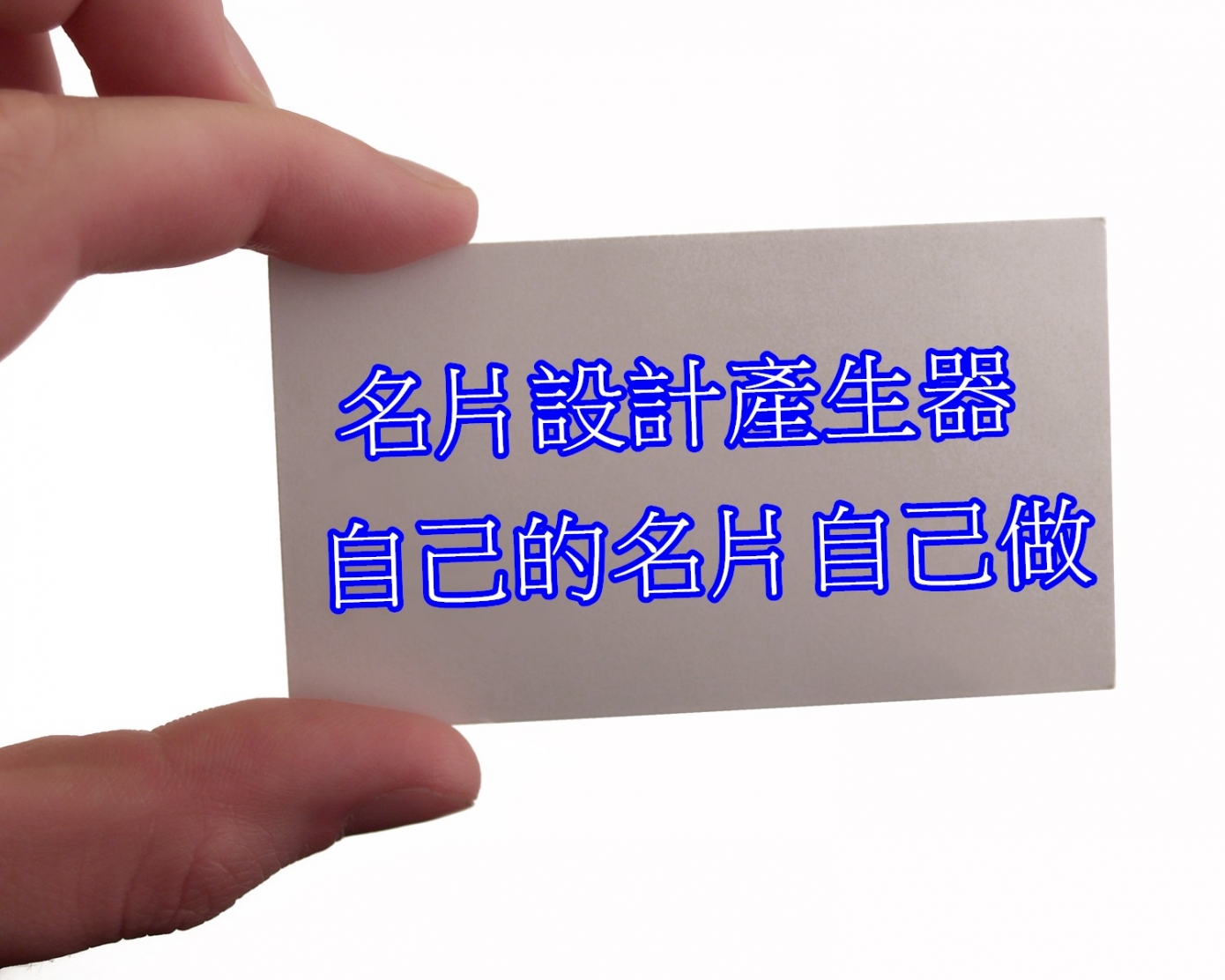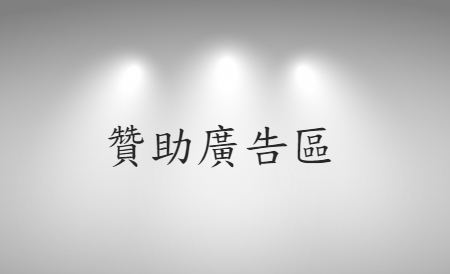cue [動詞] 給...暗示; [名詞] 暗示,信號
cue
[kju:]
n.暗示, 提示, 信號
vt.給 ... 提示, 把 ... 插入演出
n.排隊,(檯球)球桿
v.排隊,用球桿擊打
例句與用法:
Actors have to learn their cues (ie the last words of the speeches just before their own speeches) as well as their own lines.
演員不僅要記住台詞,還要記住其他演員的暗示。
When I nod my head, that's your cue to interrupt the meeting.
我一點頭,就是暗示你把會議中斷。
I'll cue you in (ie give you a signal to start) by nodding my head.
我一點頭,你就開始。
He said she would be back very soon and, right on cue, she walked in.
他說她很快就回來,說著說著,她走進來了。
詞形變化:
動詞過去式: cued | 動詞過去分詞: cued | 動詞現在分詞: cuing | 動詞第三人稱單數: cues |
英文解釋:
名詞 cue:
an actor's line that immediately precedes and serves as a reminder for some action or speech
evidence that helps to solve a problem
a stimulus that provides information about what to do
sports implement consisting of a tapering rod used to strike a cue ball in pool or billiards
同義詞:cue stick, pool cue, pool stick
動詞 cue:
assist (somebody acting or reciting) by suggesting the next words of something forgotten or imperfectly learned
以上來源於大辭典



